
Should I Get a Business Loan? Running a successful business often requires a steady flow of capital to cover various…

Should I Get a Business Loan? Running a successful business often requires a steady flow of capital to cover various…

What Lenders Look for When You’re Applying for a Business Loan Securing a business loan is a critical step in…

In the ever-evolving landscape of business and finance, staying ahead means leveraging every available resource to fuel growth and efficiency….
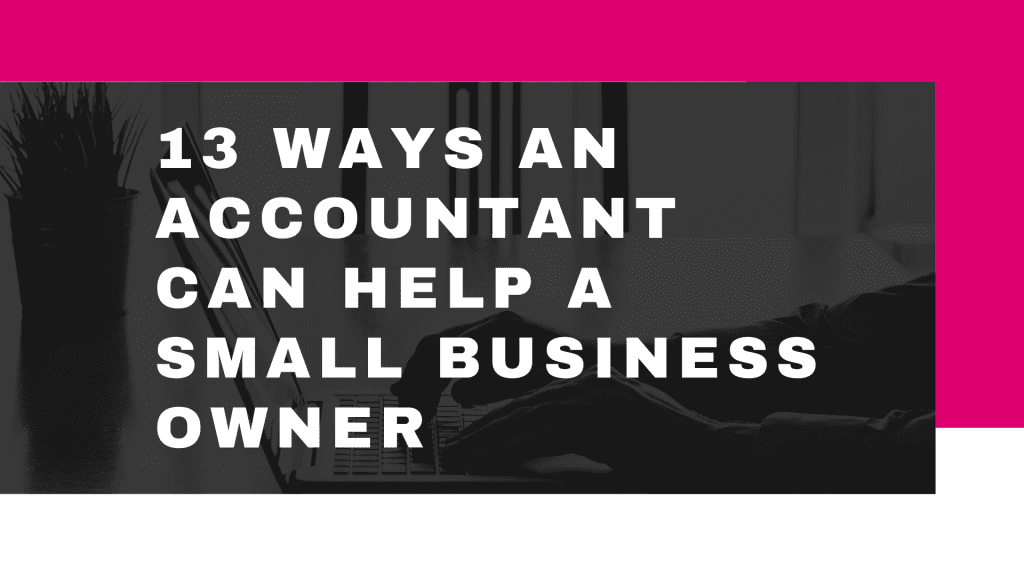
There are two huge mistakes that many start-ups or small business owners make. The first one is trying to manage…

A fixed mindset is thinking that the recession means business stops and clients don’t want to spend money. A growth…
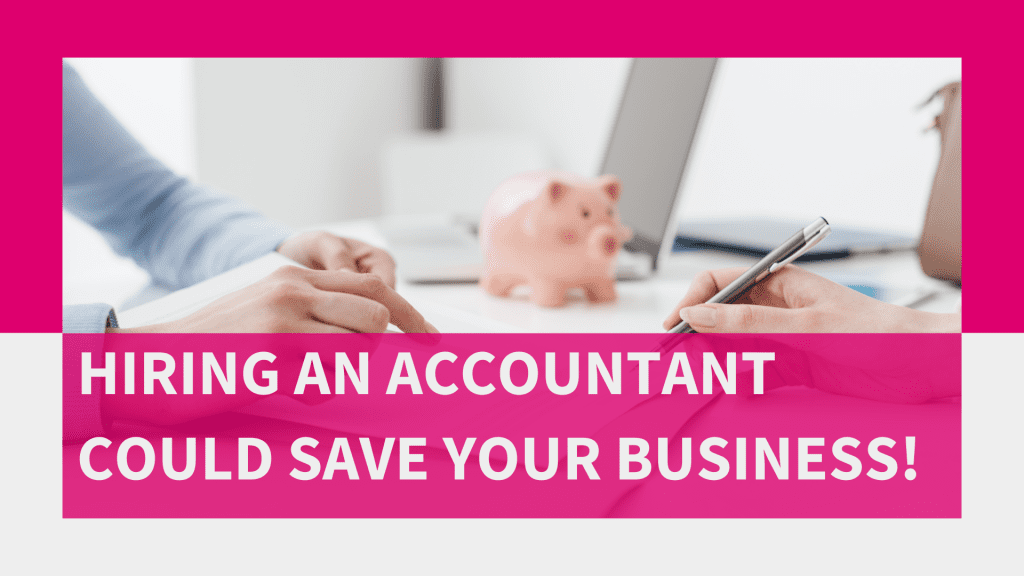
A lot of new businesses fail. A lot of old businesses fail. A lot of previously successful businesses fail. Why?…
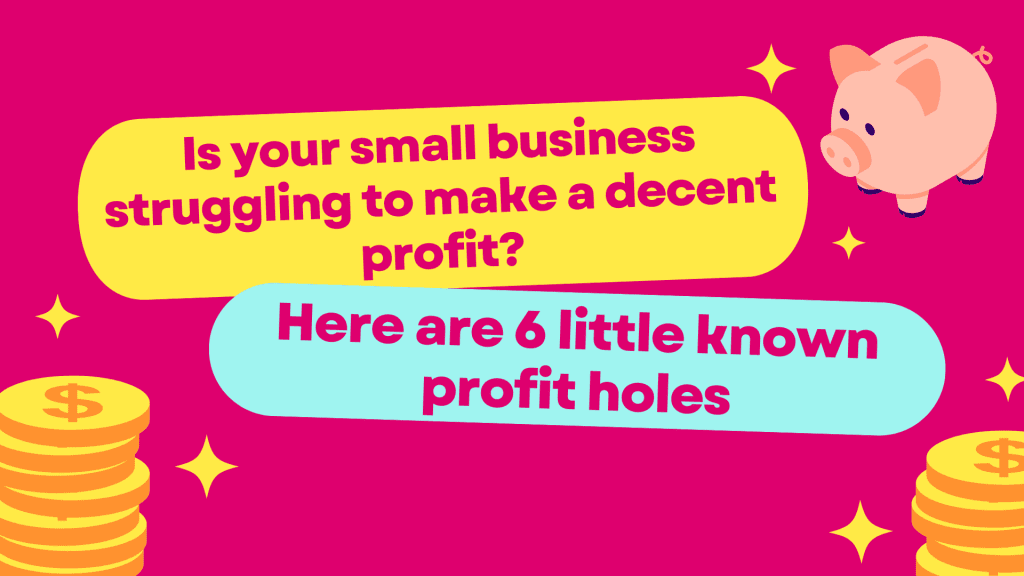
With the economy as unpredictable as it has been lately it is essential for small business owners to take a…
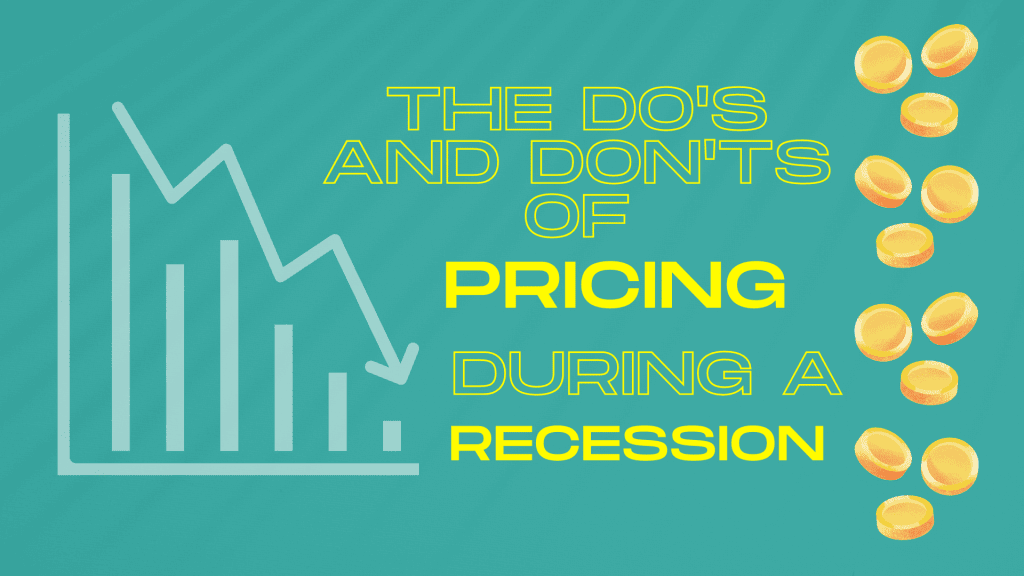
No matter how big or successful your company is, maintaining business throughout a recession is hard. With fluctuating demands, losses…
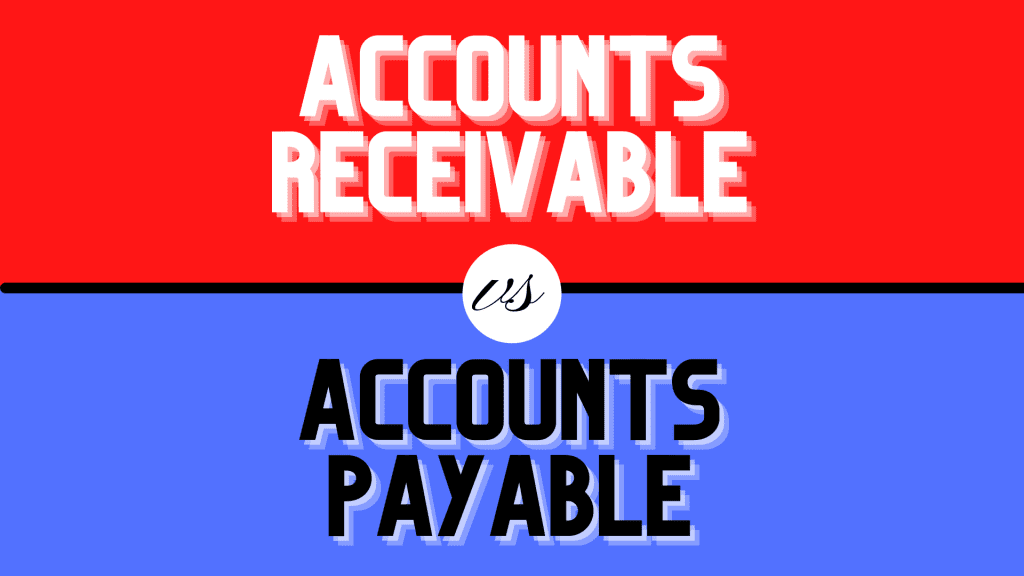
You can only manage your finances effectively if you know certain numbers and, as we all know, credit control leads…

In today’s competitive business world, it is not uncommon for people to do their own bookkeeping and accounting. There are…